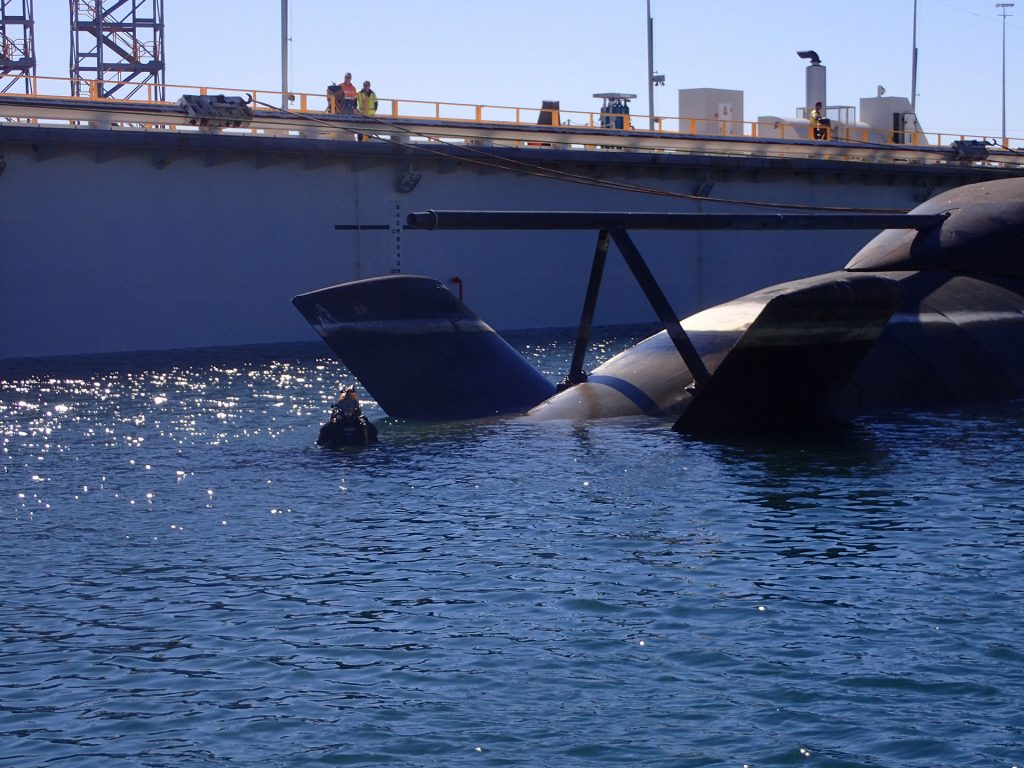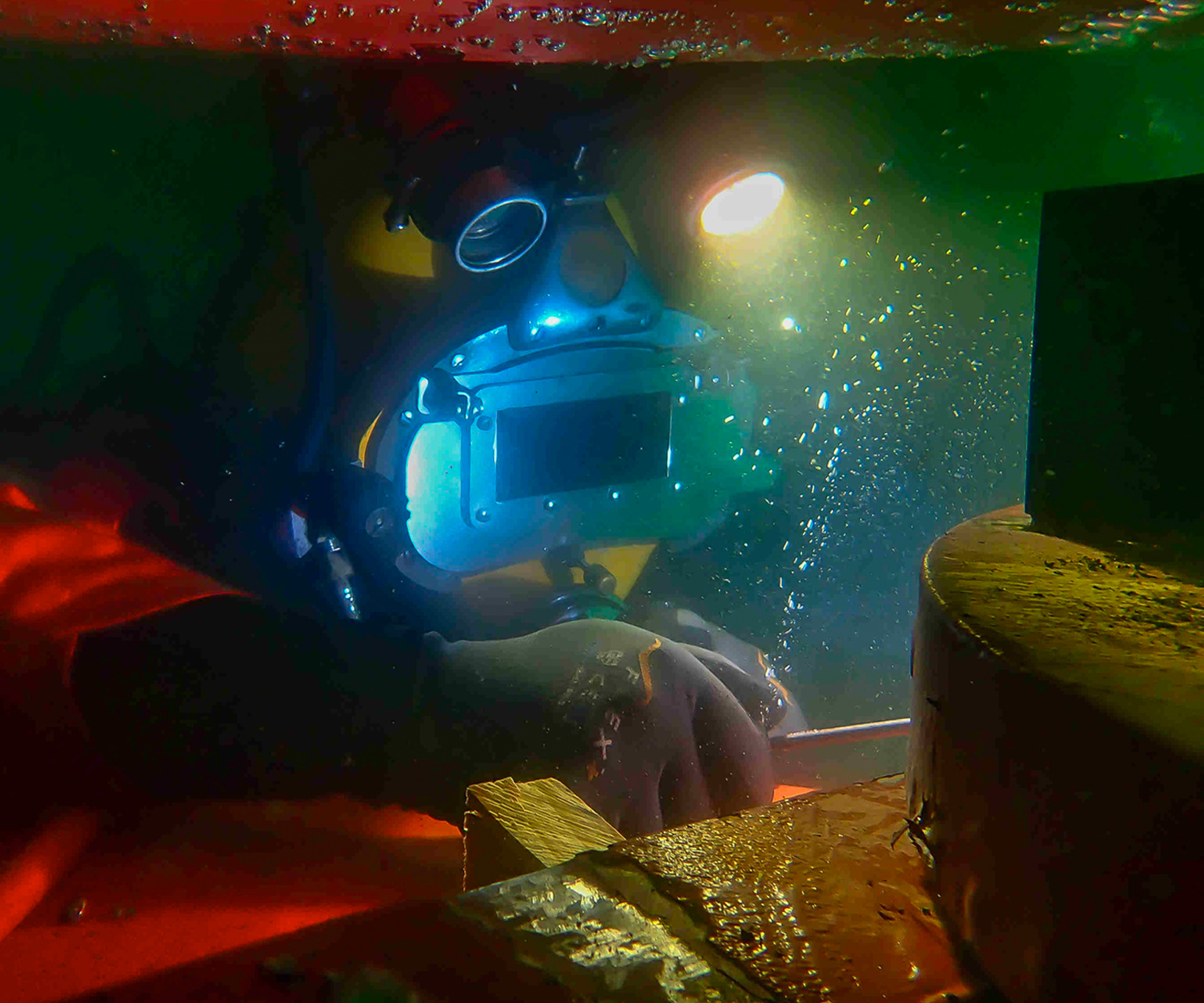Advantages Of Hiring A Marine Salvage Company
Salvage, according to the definition in Merriam Webster, is an act of rescuing or saving a property that is in danger. From the legal perspective according to the maritime sector, salvage plays a very important role.
Most operators and shipowners have limited teams to handle these activities. But for the large vessels and ships, contracting more workers becomes inevitable. In these situations, ample reward should be provided to the individuals that salvage objects from ships, and this is known as maritime salvage.
One of the reasons why "maritime salvage" is a highly tricky operation to undertake by only a very selective few has to do with the significantly complex ramifications and technicalities that are attached to these operations.
Whether undertaking the operation on behalf of a ship operator, or you hire third-party contractors, the clauses that are supposed to keep the maritime salvage sector problem-free and fair are often very confusing. This is why it is vital to gain a thorough understanding of all the legal consequences, concepts, and terms relating to this particular domain.

It is important to be aware of the different maritime salvage types along with the aspects that accompany each type.
Maritime salvage isn't restricted to one standard framework which then governs all locations and vessel types. It is rather an umbrella term that is broad and refers to any category that it is governing.
For example, there might be an offshore salvage https://www.franmarine.com.au/ that involves bringing a vessel or property up from one of the offshore locations. This references any "open body" of water that isn't surrounded by a coastline and extends beyond the territorial waters of a nation. Here, the environmental and operating conditions are extremely harsh since the nature of these salvages is unsheltered.
There are highly specific conditions that have been set out that define the act of salvage.
Salvage often encompasses a broad meaning which will depend on the actual context. These ambiguities may result in legal issues or contention after a salvage operation. Merely returning one portion of the property to a ship owner is not regarded as a salvage act.
Care should be undertaken by a salvor to make sure they are adhering to very specific rules so that they become entitled to such rewards. At the same time, an owner of a ship also needs to know about the conditions that are associated to salvage whereby they should not be forced into paying out an unnecessary award.
Special considerations are usually provided to the salvage efforts focused on preserving or saving the environment.
Salvage operations aren't always successful which can come about due to several factors. If established that a high salvage degree was conducted while sticking to the definitions and terms of a contract, "subject to the discretion" of the operator or shipowner small rewards might be provided.
In certain cases, when a stranded ship or pieces of a remaining wreck is posing environmental risks, particularly when it comes to bulk tankers and carriers that contain polluting substances like LNG, coal, CNG, crude oil, or any other type of hazardous substance.
In the cases, when the salvor has made the effort to stop environmental hazards as best as they can which is determined by independent arbitrators, the person will be offered a "special reward" for these environmental considerations.

Many owners of ships engage with a salvor to avoid the plundering of their property and vessels.
Owners of ships hire these salvors on a basis that is contractual for two main reasons. The first is to recover valuable items and to stop the plundering of a vessel. Plunder references individuals that salvage items from these ships without permission from the shipowner and illegally. In these cases, items of value are not usually returned to the owner of the ship, or the perpetrators might demand exorbitant fees for this salvage.
For these reasons, owners of ships preemptively use contractual salvors to salvage a wreck before any other parties plunder it. Stringent protocols have to be followed which ensures that none of the items is withheld or recovered covertly from the owner of the ship.
When you hire a salvor to carry out salvage operations, it is important that you only hire from reputable firms to lower the chances of plunder.
